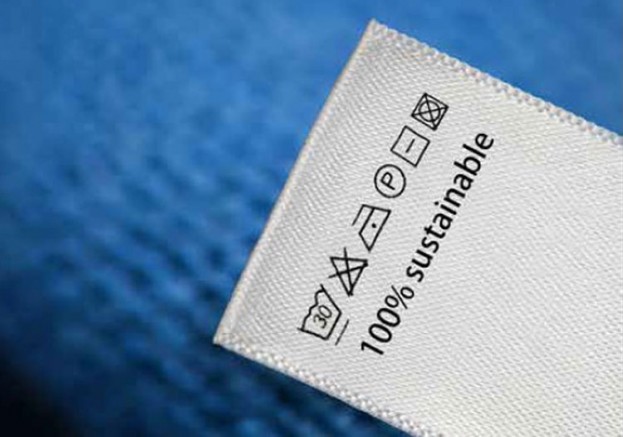


October 26, 2019
Cost of sustainability must be internalized to sustain it: BGMEA
The multi-billion dollar fashion industry is responsible for a massive 8.1% of the world’s total carbon emissions – and this number is expected to grow by nearly 60% by 2030. BGMEA asserts that brands are taking marks on their sustainability performance but the manufacturers who are making it happen are being deprived for their strides toward sustainability. A report by Stand.earth dives into the climate commitments of the top 45 fashion companies in the world in an attempt to separate those rising to the climate challenge from those still not doing enough. While a handful of brands, including Levi’s, Burberry, Gap, H&M, Puma, and American Eagle, are taking meaningful strides to shift their global supply chains off dirty fossil fuels, hundreds of other companies are failing to set climate targets at all. More than 70 members of the Sustainable Apparel Coalition haven’t set any any meaningful climate goals, and this list includes the likes of JC Penney, M&S, Macy’s, Nordstrom, Primark etc. The cost of sustainability has to be internalised otherwise it cannot be sustained, states BGMEA. An incentivising mechanism must be made and the sourcing mechanisms need to be reinvented if real change is to be achieved.

Copyright © 2020, The Bangladesh Garment Manufacturers and Exporters Association.
Version-2.0, Design & Developed by Systech Digital Limited.
Version-2.0, Design & Developed by Systech Digital Limited.
